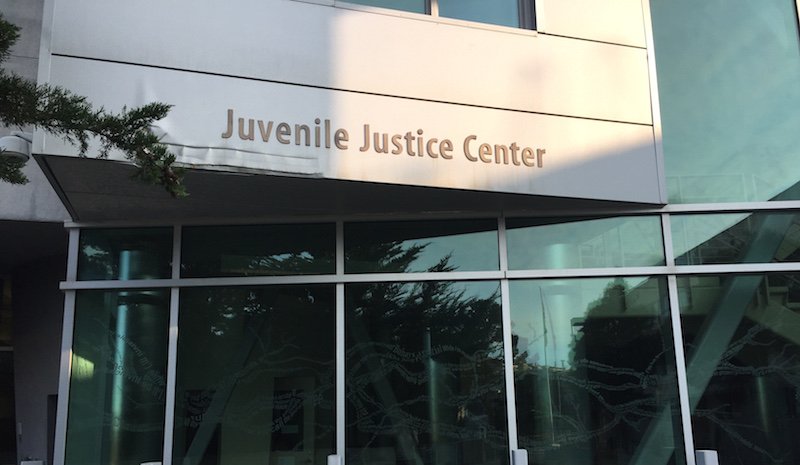SAN FRANCISCO—Juvenile Chief Probation Officer Allen Nance will retire at the end of November after losing a battle to keep San Francisco’s Juvenile Hall open. The announcement was made on November 5.
His bio on the www.sfgov.org website states, “In 2010 he led the implementation of a new program and rehabilitative model for post-adjudicated youth at the city’s Log Cabin Ranch School. In 2013, Allen Nance was appointed Chief Juvenile Probation Officer and continues to advance a strong commitment to public safety, the implementation of best practices for youth rehabilitation, community alternatives to detention, and collaborative approaches to strengthen youth, families, and the neighborhoods in which they reside.”
Nance was not opposed to the topic of reform, but argued that the timeline to reform the entire system was unrealistic. The closure of San Francisco’s Juvenile Hall is set for 2021, allowing city officials two years before the change can happen.
Some have argued against the funding of the facility located at 375 Woodside Ave., claiming that it is nearly empty due to a decrease in youth offenders. San Francisco Mayor London Breed created a special task force to tackle the historical reform of juvenile detention with prominent members such as Daniel Macallair.
Macallair is the Executive Director and co-founder of “The Center On Juvenile And Criminal Justice” and dedicated his professional career to the issue of reform. He published a column on www.jjie.org noting the importance of taking advantage of the decrease in youth offenders.
“This decline in county institutional populations is one of the unheralded stories about California’s juvenile justice trends, and it presents policymakers with a rare opportunity. Because there are only approximately 700 juvenile court-committed youth remaining in the three state youth correctional facilities, California is well positioned to eliminate these relics of a bygone era and move towards a 21st-century system of localized juvenile justice,” said Macallair.
The replacement for the juvenile hall is set to focus on rehabilitation instead of incarceration. Officials and advocacy groups for the closure are calling for an institution that allows juveniles to move from a systemic undertow of incarceration and reintegrate into society. The motion to close the Juvenile Hall passed in June 2019.
The San Francisco News reached out to Macallair to gather more information on how the new system will work for juvenile offenders, and if it is possible for the reform to be completed at the end of 2021, but did not hear back before print.






